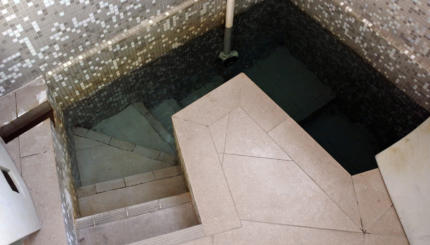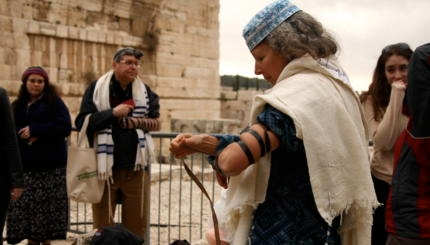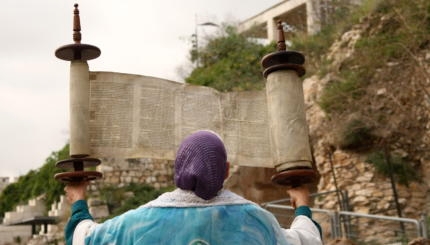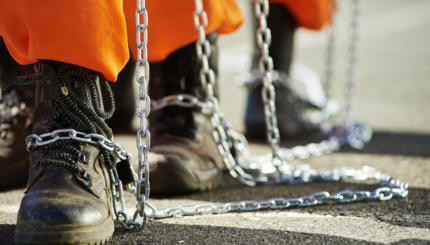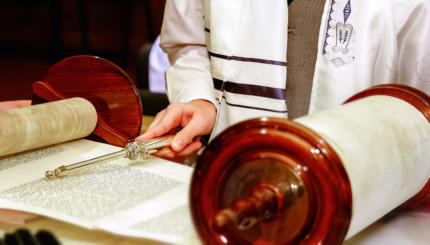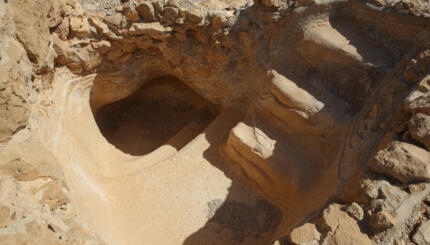Live
Jewish Health & Healing Practices
Jews' close connection to healing, both as patients and physicians, is ancient and rooted in both theology and history.
Menstruation and “Family Purity” (Taharat Ha-Mishpacha)
An act of will is required to turn our thoughts back to the sacred after a bodily event has focused our attention on the very physical here-and-now.
Medieval Jewish Attitudes Toward Women
In the Middle Ages, a Jewish woman's social well-being was considered important, but her life was strictly guided by Jewish law.
Feminist Perspectives on Jewish Studies
Considering the role of gender in producing knowledge about Judaism.
Halakhah and Feminism
Traditional Judaism can--and should--embrace feminism to allow for greater equality in Jewish religious life.
Rabbinic and Post-Rabbinic Divorce
Over time the rabbis increased the wife's power in a marriage, yet maintained the absolute right of the husband to grant a divorce.
Divorce in the Bible
Biblical divorce law provided some protection for women by setting limits on a man's absolute power to divorce.
Agunot: A Different Kind of Hostage
Divorce is meant to take care of the wife. But occasionally, a husband will manipulate the system.
The Aufruf, A Pre-Wedding Aliyah
Either the groom or the couple is called up to the Torah for an aliyah on the Sabbath before their wedding.
Sheloshim: The First 30 Days of Mourning
Following shiva, the sheloshim period of less intensive mourning lasts until the 30th day after the funeral.
History of Conversion
Judaism's openness to newcomers has varied, depending on how strong and self-confident Jews have felt.
The Mikveh’s Significance in Traditional Conversion
Immersion in the mikveh actualizes the transition between the convert's old identity and his or her new one as a Jew.

